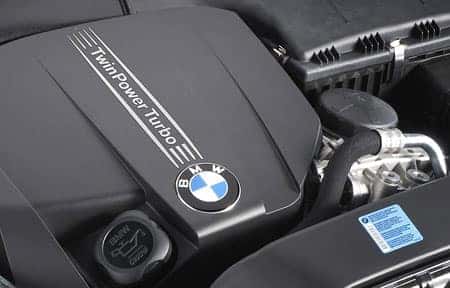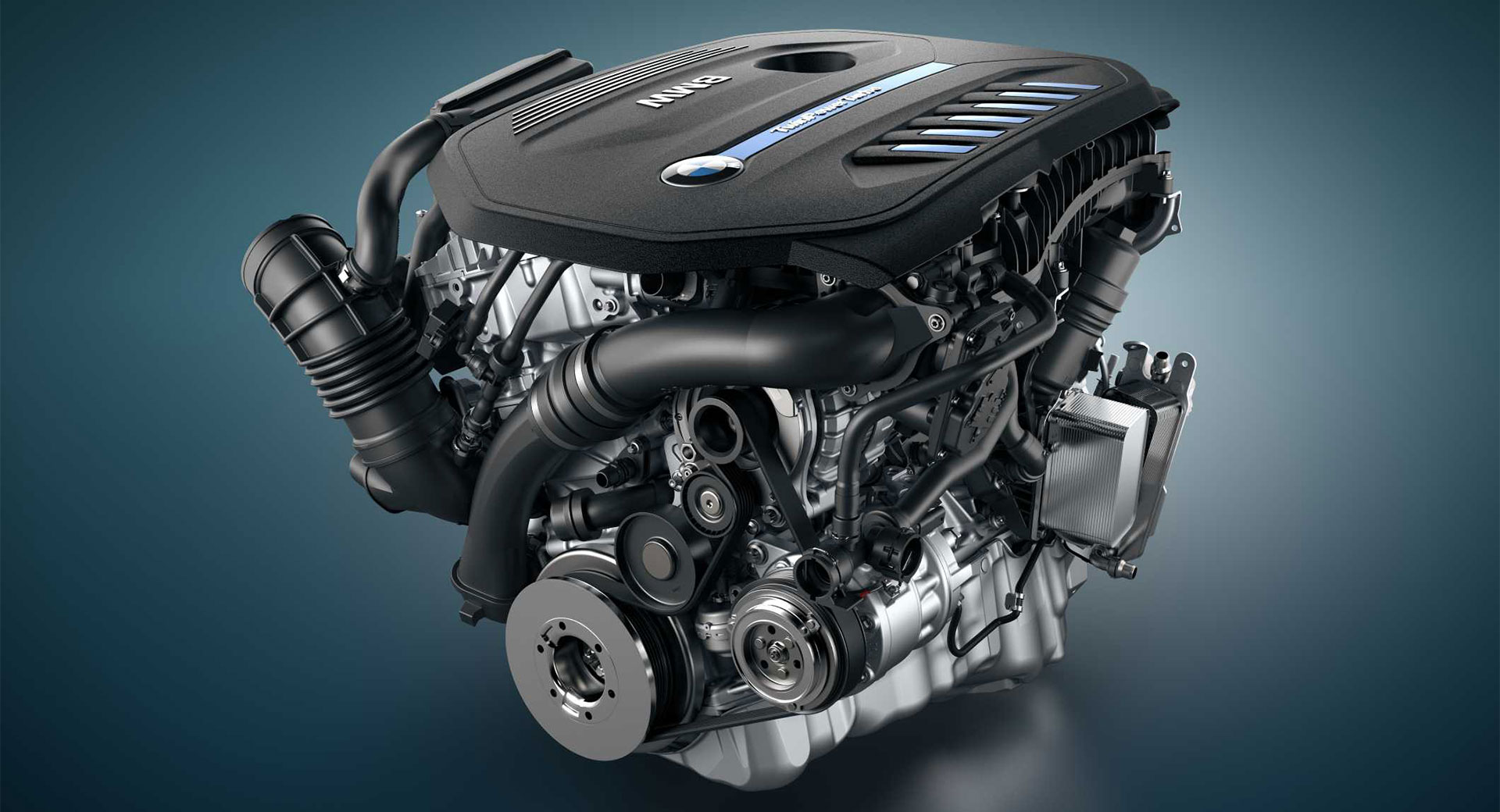Discovering the Performance Enhancements of the most up to date BMW Engine Models
Discovering the Performance Enhancements of the most up to date BMW Engine Models
Blog Article
Unveiling the Intricacies of Next-Generation Power Units: a Deep Dive Into Advanced Engine Developments and styles
As we stand on the precipice of a new period in transportation, the details of next-generation engine styles bid us to explore the sophisticated innovations and technologies that assure to redefine the driving experience. Delving much deeper right into the realms of exhaust control, intelligent engine administration systems, and the perspective of power system growth, we find ourselves on the cusp of an improvement that promises to reshape the landscape of wheelchair as we know it.
Development of Engine Products

The shift in the direction of progressed engine products has actually also enabled engineers to create engines with greater power results while keeping gas efficiency standards. The use of lightweight materials reduces the overall weight of the engine, leading to improved gas economic situation and reduced exhausts. In addition, advancements in materials technology have actually permitted better thermal management within engines, resulting in increased integrity and long life.
Turbocharging and Supercharging Technologies
How do Turbocharging and Supercharging Technologies change engine efficiency and efficiency in modern lorries? Turbocharging and turbo charging are modern technologies that substantially enhance engine efficiency by boosting the amount of air consumption into the burning chamber. Turbocharging attains this by utilizing a turbine driven by exhaust gases to pressurize the intake air, while turbo charging makes use of a belt- or chain-driven compressor to attain the very same result.
These technologies enable smaller, a lot more fuel-efficient engines to create power equal to larger ones, referred to as downsizing. Forcibly even more air into the cyndrical tubes, supercharging and turbocharging boost combustion performance, resulting in raised horsepower and torque result without a considerable rise in engine size. This causes better acceleration, lugging capacity, and general driving efficiency.
Moreover, turbocharging and turbo charging contribute to enhanced gas efficiency by allowing the use of smaller sized engines that eat less fuel under typical driving problems - bmw engine. This combination of enhanced performance and effectiveness has actually made turbocharging and turbo charging essential elements of lots of modern-day engine designs
Emission Control and Environmental Effect
With boosting international concerns concerning air high quality and ecological sustainability, the execution of exhaust control technologies in vehicles plays an important duty in lowering harmful pollutants released into the atmosphere. Modern vehicles are geared up with sophisticated emission control systems that help minimize the environmental impact of automotive operations. Catalytic converters, for example, are designed to convert toxic gases such as carbon monoxide, nitrogen oxides, and hydrocarbons right into much less unsafe materials like co2 and water vapor.
In addition, innovations in engine modern technology, such as the assimilation of exhaust gas recirculation systems and selective catalytic reduction, have substantially contributed to decreasing exhausts. These technologies function in tandem to enhance combustion effectiveness and minimize the launch of unsafe pollutants right into the air. Furthermore, the development of hybrid and electric lorries stands for a vital step towards lowering the general environmental impact of the transport industry.
Intelligent Engine Monitoring Solution

Furthermore, these systems make it possible for cars to fulfill strict exhausts requirements without endangering performance, giving a more eco friendly driving experience. The assimilation of synthetic knowledge and machine discovering capabilities in engine administration systems remains to push the borders of what is possible, causing further enhancements in effectiveness, reliability, and general lorry performance. bmw engine. As vehicle modern technology breakthroughs, smart engine administration systems will play an essential role fit the future of transport in the direction of a more reliable and sustainable direction
Future Trends in Power System Development
As intelligent engine administration systems lead the way for enhanced control and optimization in modern automobiles, future fads in power device development are poised to redefine the landscape of my company automobile propulsion innovations. Among the vital fads driving innovation in power unit development is the shift towards electrification. With an enhancing concentrate on sustainability and minimizing carbon exhausts, crossbreed and electrical powertrains are coming to be extra widespread in the auto sector. These different power resources supply boosted performance and efficiency while straightening with rigorous ecological guidelines.
One more significant trend is the assimilation of innovative materials and manufacturing techniques. Light-weight products such as carbon fiber and aluminum are being utilized to lower total automobile weight, improving fuel efficiency and efficiency. In addition, innovations in 3D printing and additive manufacturing are enabling the manufacturing of intricate engine elements with greater accuracy and toughness.
In addition, artificial intelligence and artificial intelligence are playing an essential duty in enhancing power unit efficiency. These technologies permit real-time monitoring and flexible control, leading to extra dependable and effective power distribution. In find more information general, future fads in power unit growth are geared towards efficiency, performance, and sustainability, driving the automobile sector towards a new period of propulsion technologies.

Final Thought
In conclusion, the developments in engine materials, turbocharging, exhaust control, and smart management systems have led the means for next-generation power devices. The intricate designs and advancements in modern-day engines display the ongoing evolution of automobile innovation.
Discovering the dynamic innovations in engine products has actually been pivotal in improving the efficiency and efficiency of contemporary engines. Over the years, the evolution of engine materials has actually played an important duty in pressing the limits of what engines can attain.The shift towards advanced engine materials has also enabled designers to make engines with greater power results while keeping fuel effectiveness standards.The application of smart engine monitoring systems in contemporary automobiles has transformed the way engines are regulated and maximized for performance and efficiency. By collecting information in real-time and examining it with advanced algorithms, smart engine administration systems can adapt to driving designs, ecological elements, and engine health to make best use of power outcome while reducing gas usage and emissions.
Report this page